MD Stem Cells
Pros and Cons of Daily Disposable Contacts
Using contact lenses can be daunting when you’re used to glasses or haven’t needed any corrective lenses until now. But contacts are a safe and highly useful tool in maintaining healthy vision, and there are options to best fit your lifestyle.
The first and foremost thing to consider whether to use daily disposable lenses or extended use lenses is your prescription. Many prescriptions can be matched with daily lenses; however there are exceptions that can only be found in extended-use lenses.
If you’re new to wearing contacts, or are finding you don’t need to wear yours consistently, daily disposable lenses can provide a great learning curve as well as little-to-no maintenance. Once you are done with them, there’s no case and cleaning solution to keep track of!
Because they’re thinner than other lenses, dailies are widely considered as more comfortable because of their breathability. If you know you’ll need to wear your contacts for a specific interval rather than your whole day, dailies are easy to handle since you can toss them once you are done.
Remember, though, that just because you haven’t worn them an entire day does not mean it’s wise to put them back on after you’ve removed them. Because they are thinner than extended-use lenses, daily lenses are less resistant to the natural germ and grime buildup that can occur in your eyes. Reinserting already worn daily lenses can risk contamination, and that thinner composition means attempting to clean them can result in the lenses breaking down.
Daily lenses can ring up at a higher cost than extended use lenses. Fortunately, they can come in large quantities. This can work in your favor by not needing to resupply for longer stretches than extended-use lenses that are replaced on a monthly or even bi-weekly basis.
Any questions, concerns, or considerations for the best contacts to match your needs can be discussed at length here at Chicago Vision Club. Don’t hesitate to reach out!


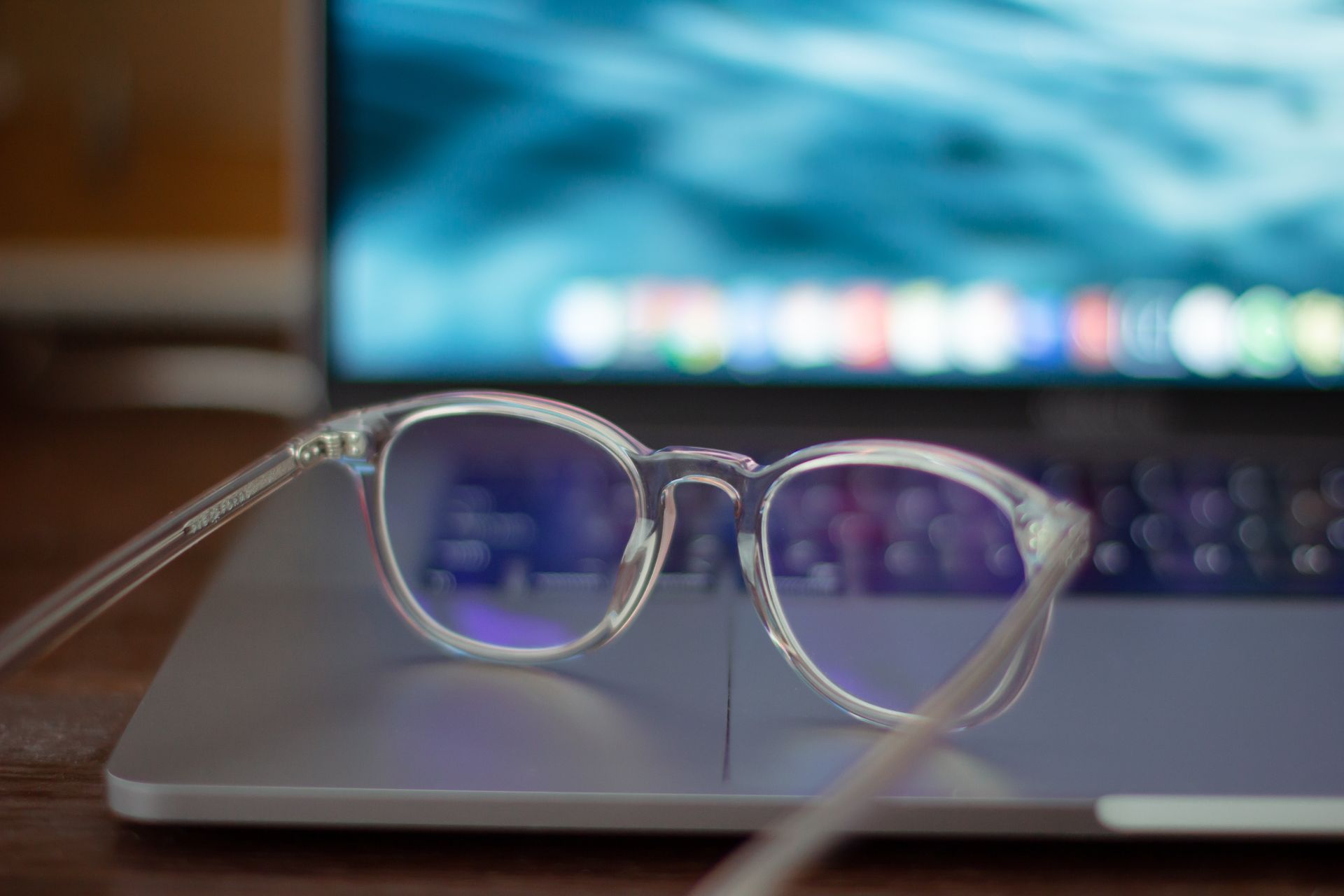
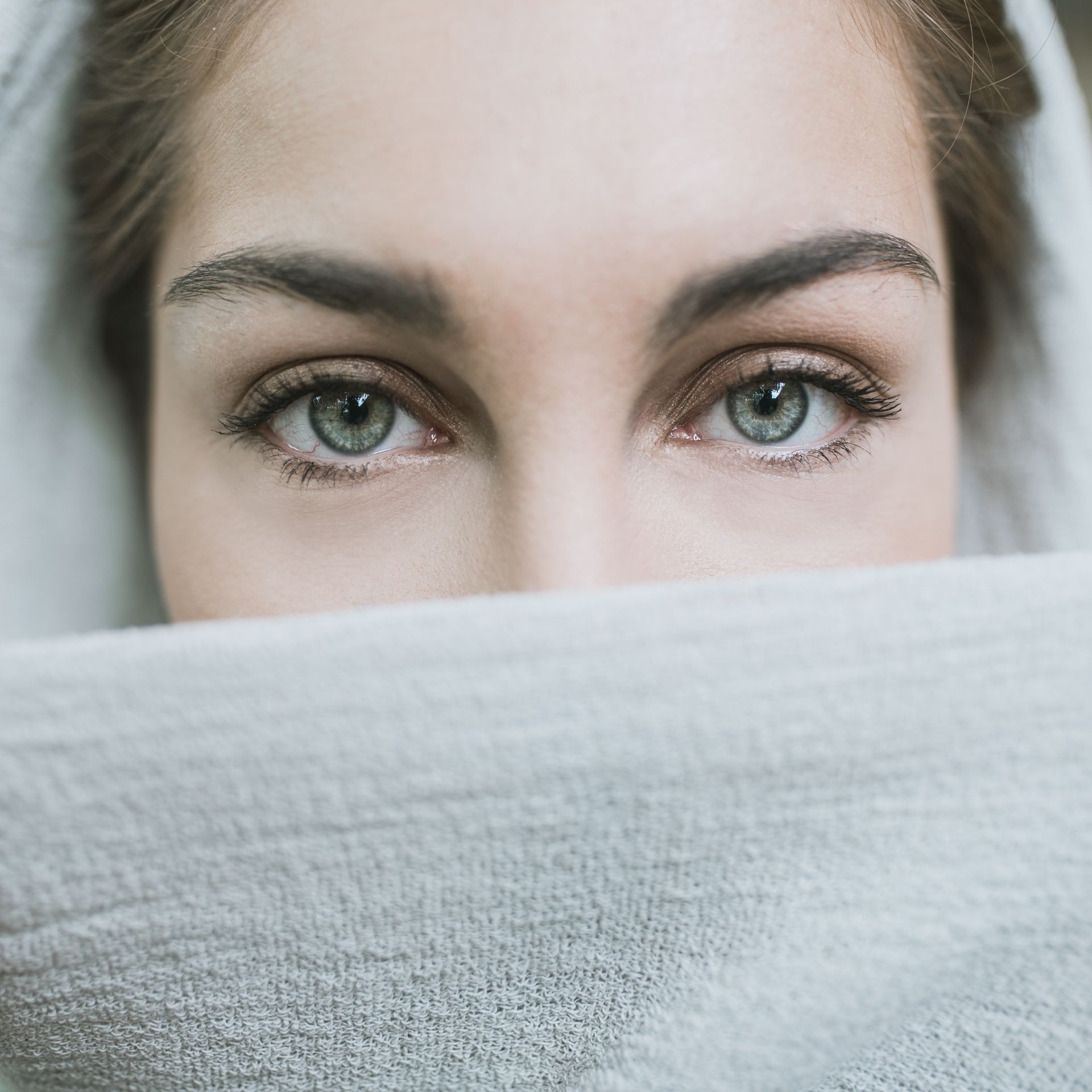
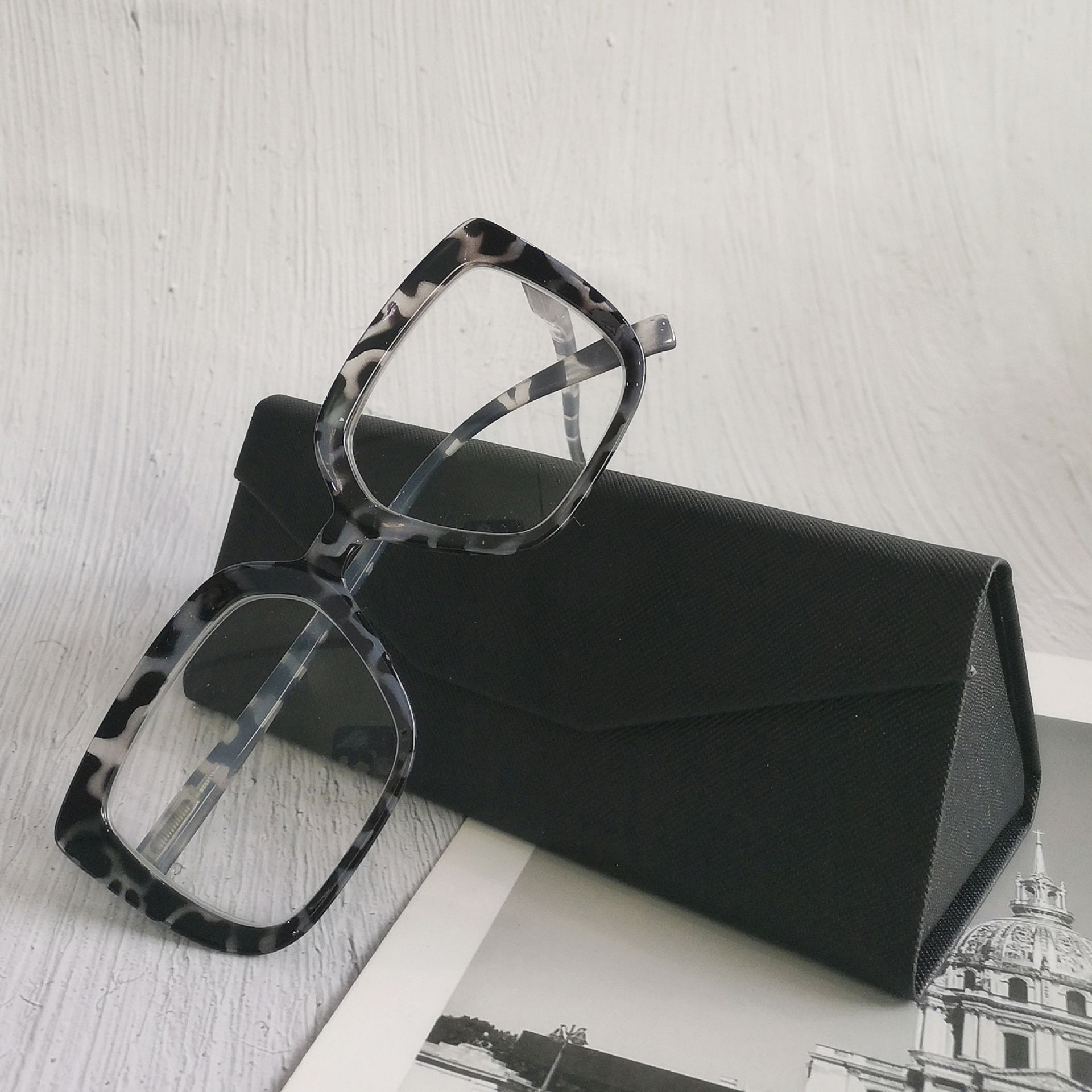


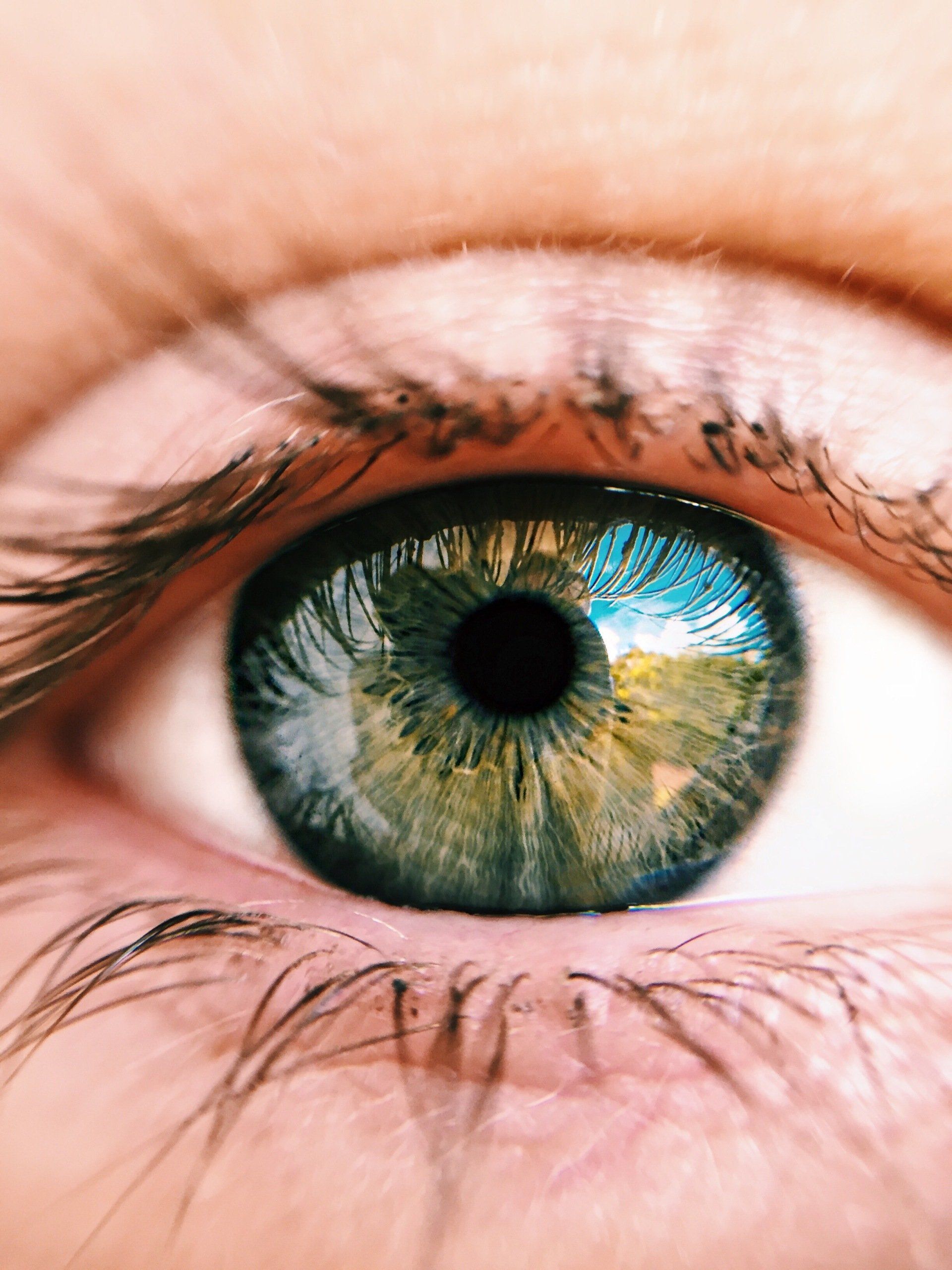
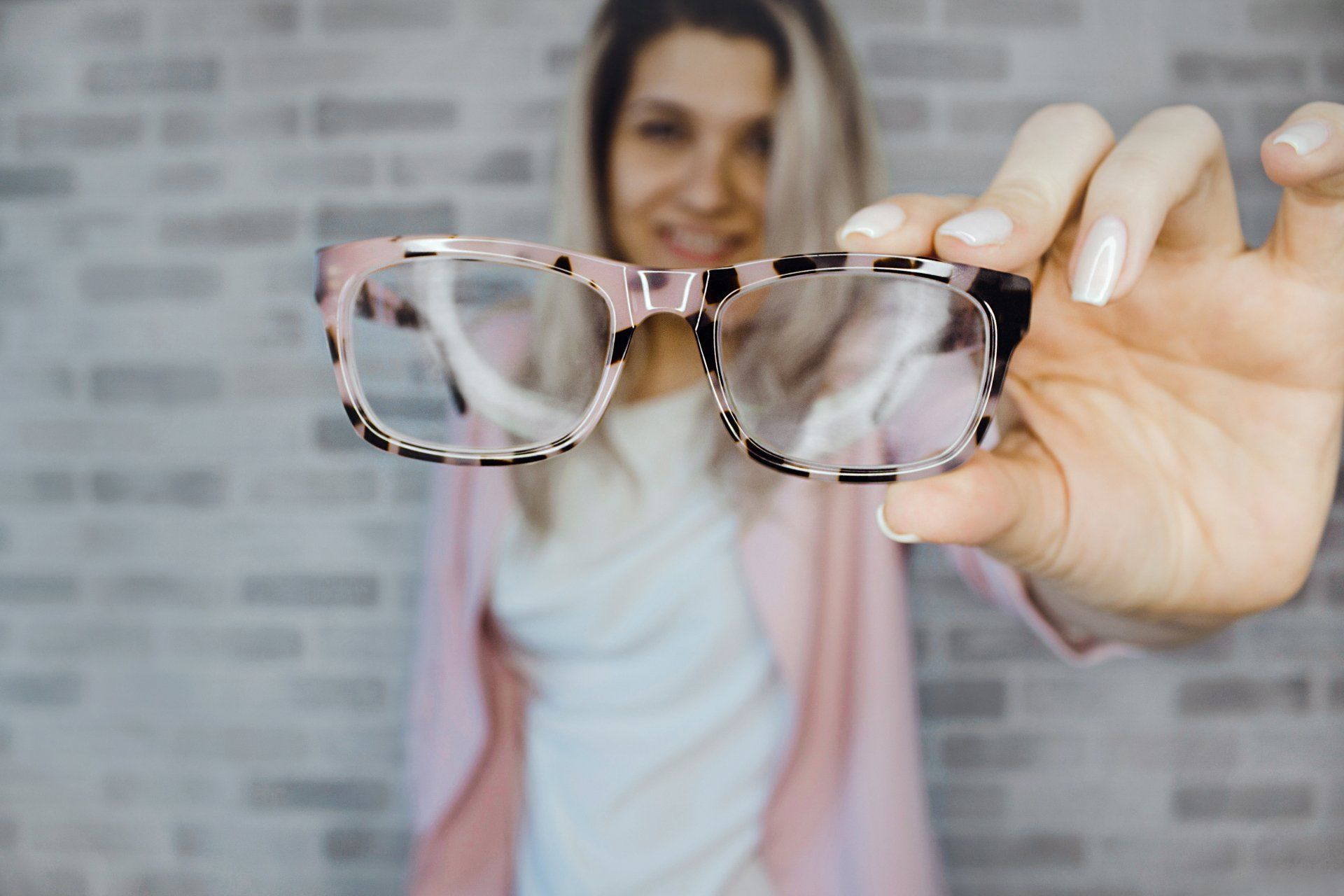











All Rights Reserved | MD Stem Cells
Treatment Locations
Coral Springs, FL
Dubai, UAE
Administrative Office
Westport, CT
Fax:
203-571-1418